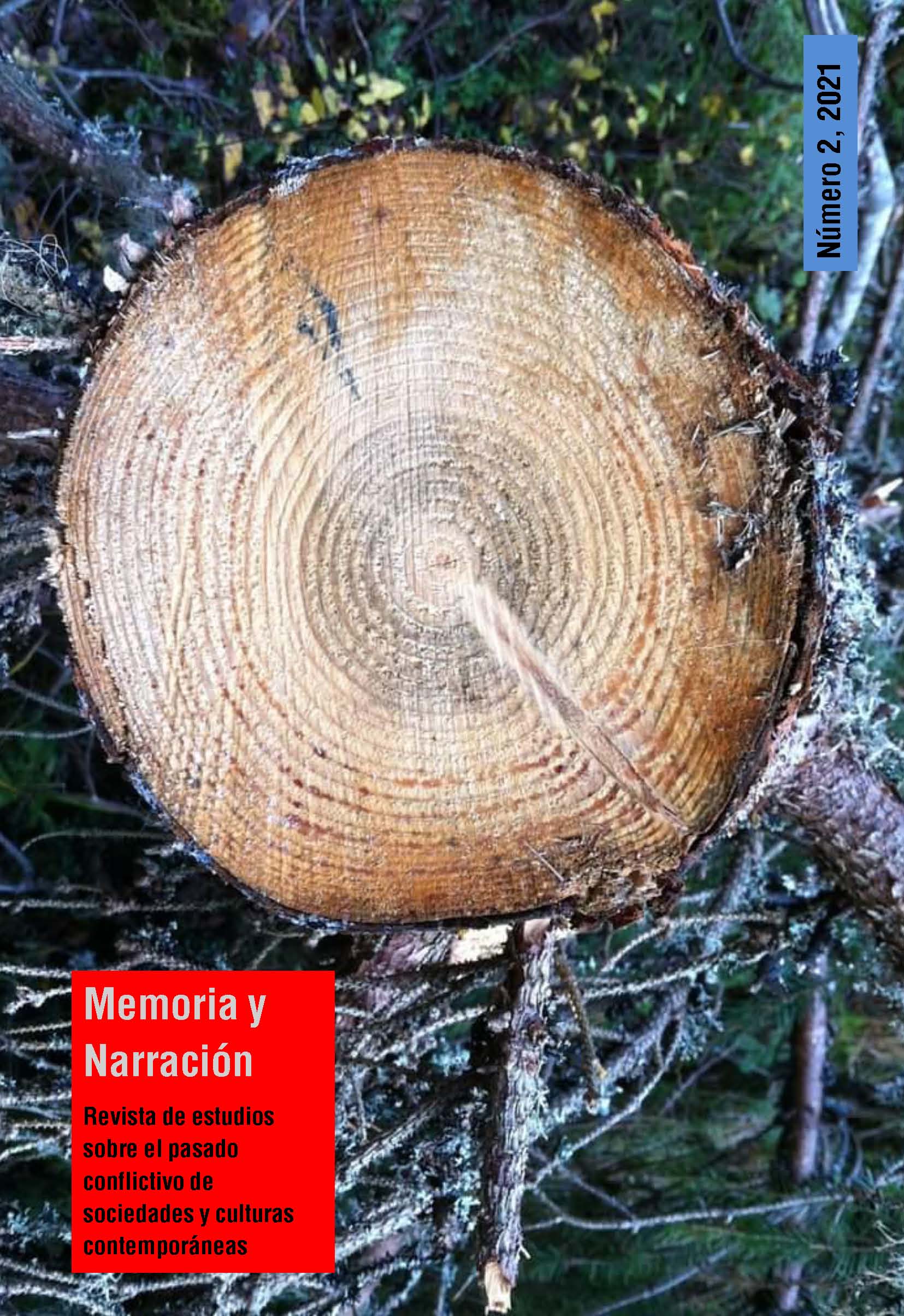La memoria escenificada. Estetización de la memoria y su función
DOI:
https://doi.org/10.5617/myn.8660Abstract
The present article is a reflection on the literary staging of a memory. Two cases are presented: Marco Denevi’s short story “La historia” and Antonio Ferres’ “El exilio del parque”. The first is installed in the simple fact of making an aesthetic object of memory (historical or personal), producing a confrontation between a ‘true’ discourse by ‘how it is said’ (through the rhetorical elements used) in contrast to another discourse that boasts of being true because it lacks adornments. The art of telling and its narrative and rhetorical strategies finally prevail; it is what the public believes. In the second case, a text presents us with the memorization of a Spanish exile, his childhood space (a park before the Civil War) which today has been transformed. There is a confrontation between the memory of what that space was and what it is today (true and falsified, respectively). The ‘park’ space becomes symbolic-metonymic of the entire Spanish nation, producing a symbolic aestheticization in the figure that the story itself constitutes as a whole.
Downloads
Published
Issue
Section
License
Authors who publish in this journal accept the following conditions:
- Authors retain copyright and grant the journal right of first publication with the work simultaneously licensed under a Creative Commons Attribution License that allows others to share the work with an acknowledgement of the work's authorship and initial publication in this journal.
- Authors are able to enter into separate, additional contractual arrangements for the non-exclusive distribution of the journal's published version of the work (e.g., post it to an institutional repository or publish it in a book), with an acknowledgement of its initial publication in this journal.
- Authors are permitted and encouraged to post their work online (e.g., in institutional repositories or on their website) prior to and during the submission process, as it can lead to productive exchanges, as well as earlier and greater citation of published work (See The Effect of Open Access).


